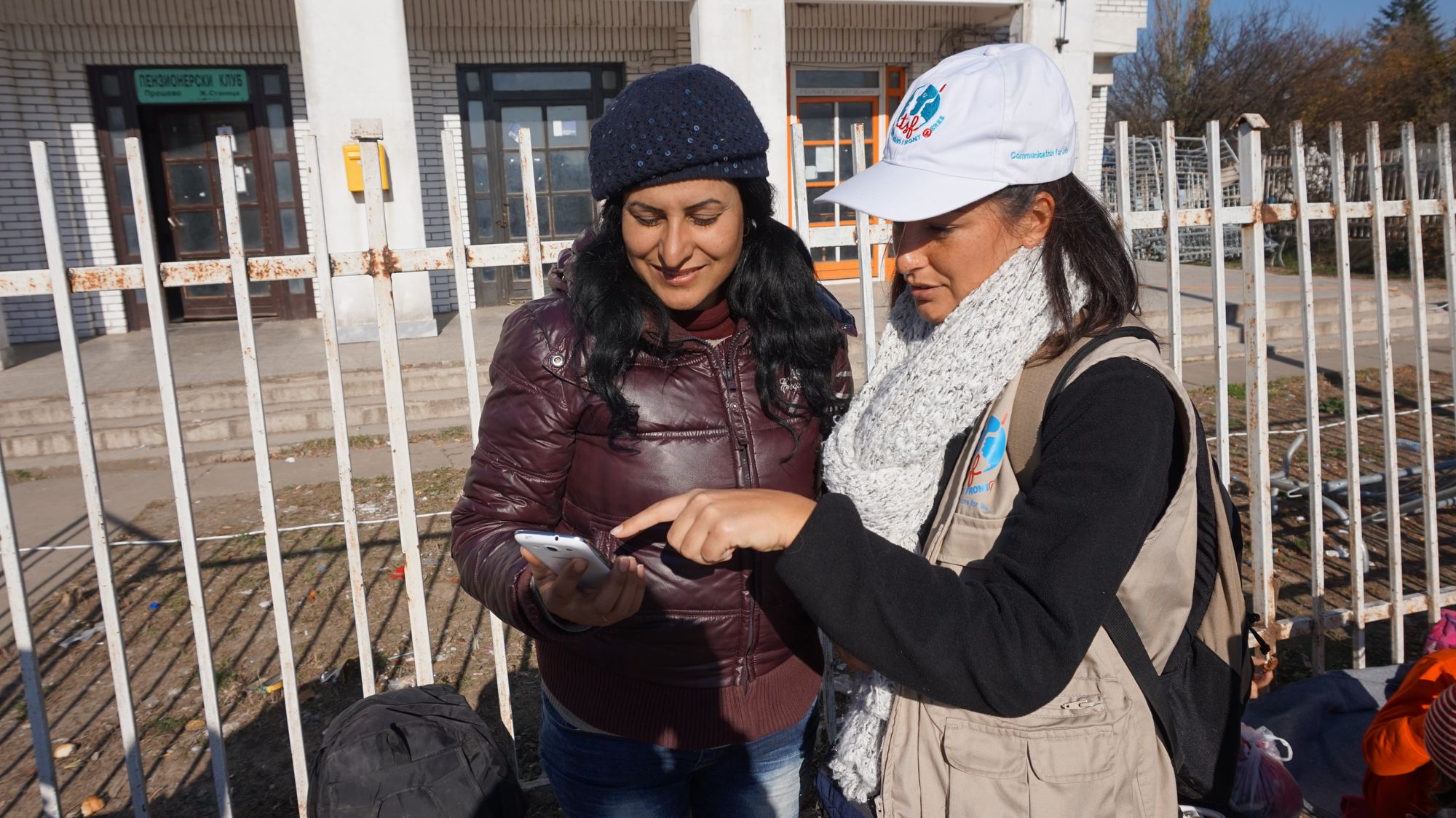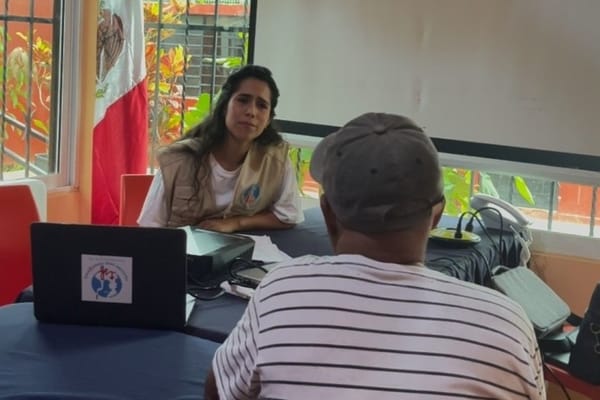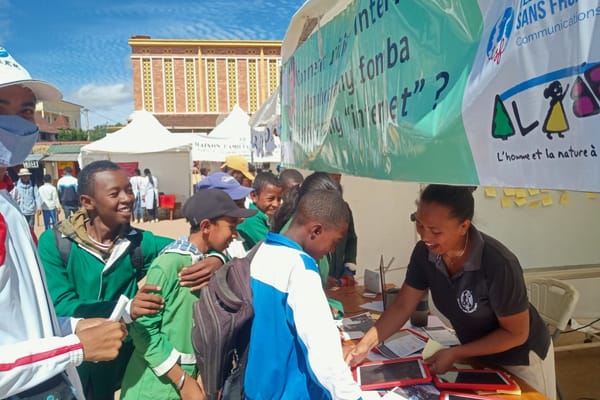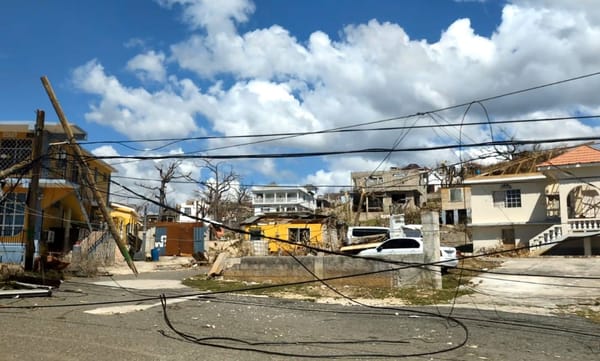Welcome to issue 11 of the Call to Comms!
This week we delve into the world of data protection and the impact of Artificial Intelligence in humanitarian organizations.
We begin by exploring why data protection is important for any humanitarian organization and the need for a common understanding of data ethics. We also delve into the possibilities of blockchain technology, the need to comply with data protection laws and the importance of transparency.
In addition, we discuss the importance of AI tools like ChatGPT and Google’s Bard in the humanitarian sector. While many fear the potential risks and challenges which come with AI, including job security, privacy and inequality, there are many ways in which AI can be used to achieve good things, especially for humanitarian organizations.
Join us as we navigate through this complicated yet fascinating world of data protection and AI.
💬 In this week's issue:
- How can we better understand Data Protection
- Are AI tools like ChatGPT useful for humanitarian organizations?
Understanding Data Protection
For any humanitarian organization, data protection is of critical importance. In fact, it’s so important, that the European Civil Protection and Humanitarian Aid Operations has made it one of their three priorities:
The humanitarian sector must share a common understanding of data ethics and work together on the development of data protection standards.
We are all aware that during times of crisis, personal information can be especially vulnerable, and so it’s crucial to ensure that the data of those affected is protected. Medical records, financial information, names and addresses, telephones - they are all at risk and this information must be protected at all costs.

🗞 Latest news from TSF, our partners, and the humanitarian and technological web
- What’s the “Flagship Initiative”, and how might it transform emergency aid? The initiative aims to transform the aid delivery system to make it less bureaucratic, and respond more precisely to needs as articulated by affected people. It’s making its start in 4 pilot countries: Niger, Colombia, the Philippines, and one region of South Sudan.
- NASA 30-Year Satellite Record Finds Rapid Sea Level Rise. Thanks to the satellite record, scientists can see through between natural short-term shifts in the ocean, and tell where sea level is headed. Between 2021 and 2022, the sea level rose by 2.7 mm — it might not seem much, but it’s equivalent to “adding water from a million Olympic-size swimming pools to the ocean every day for a year”. In 30 years, the sea level has increased by 9.1 cm.
- Space Safety Coalition targets space junk The Space Safety Coalition updated a set of guidelines and urges organizations to follow them to tackle the risk of space junk collisions. A 2022 Inmarsat report showed that there are more than 10,000 tonnes of satellite and rocket objects currently in Earth’s orbit.
Is ChatGPT the answer to humanitarian organizations, or simply a curse?
Unless you’ve been trapped underground the past few months, it’s likely you’ve heard a lot of chatter about Artificial Intelligence (AI) and tools such as ChatGPT or Google’s Bard.
Whether we like to admit it or not, AI tools such as ChatGPT are here to stay, and they could be useful, especially for humanitarian organizations. You might already be using Deep L to translate an email, or perhaps you use OtterAI for transcribing an interview that you recorded. AI has been around for a while, but it’s just in the past six months that we’ve seen a significant leap in what it can do.
Bill Gates recently published an article entitled ‘The Age of AI has begun’’, in which he wrote:
“The development of AI is as fundamental as the creation of the microprocessor, the personal computer, the Internet, and the mobile phone. It will change the way people work, learn, travel, get health care, and communicate with each other. Entire industries will reorient around it. Businesses will distinguish themselves by how well they use it.”
It’s a fascinating article, and over the course of almost 4000 words (it’s not a quick read), he discusses the significant impact that AI is having on the world and the opportunities it presents, including advancements in healthcare, education, and sustainability, but also highlights the potential risks and challenges that come with it, such as job security, privacy and inequality, and emphasizes the importance of responsible development and deployment of AI technologies.
Many fear that AI will take our jobs. But there are many people in humanitarian organizations are already using AI to do simple tasks that would otherwise take an eternity. Whatever your opinion, AI can achieve a lot of good things when used wisely.
See you next week!













Member discussion